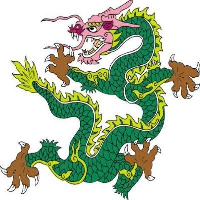The salary of civil servants includes basic salary, allowance, subsidy and bonus. Civil servants shall, in accordance with the provisions of the State, enjoy regional additional allowance, hardship and remote area allowance, post allowance and other allowances. Civil servants shall enjoy housing, medical and other subsidies and subsidies in accordance with national regulations. Civil servants who are determined to be competent in regular assessment shall enjoy
Expand Details









